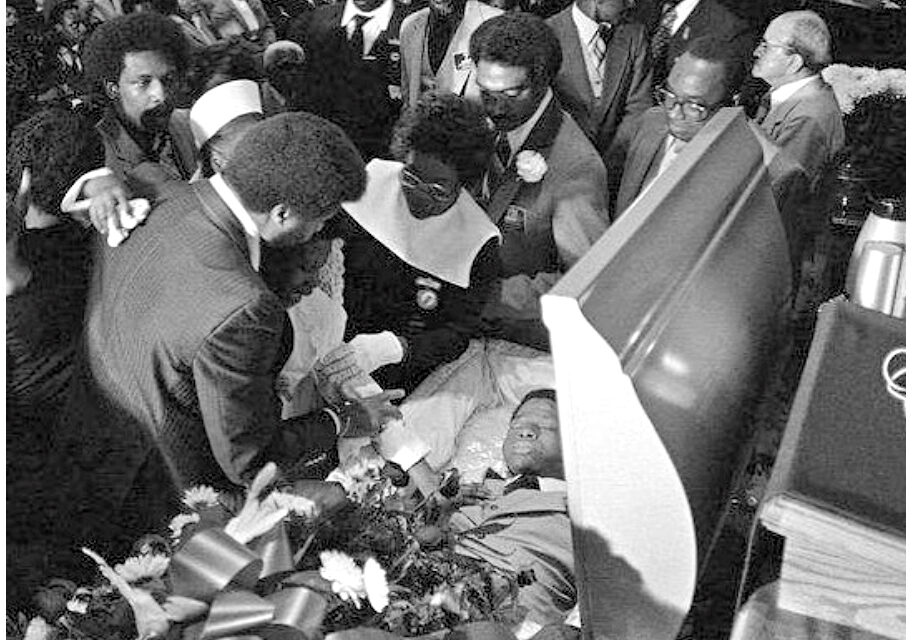Alabama’s Haunting History and the Pursuit of Justice
By Speakin’ Out News
Michael Donald, an African-American youth born on July 24, 1961, in Mobile, Alabama, tragically met his end on March 21, 1981, in one of the last recorded lynching in the United States. At just 19 years old, Donald fell victim to a brutal attack orchestrated by several Ku Klux Klan (KKK) members in Mobile, Alabama. The perpetrators, including Henry Hays and James Knowles, abducted Donald, subjected him to severe beatings, and ultimately lynched him by hanging his body from a tree.
While Hays and Knowles were cruising through one of Mobile’s primarily black neighborhoods, they spotted Michael Donald walking home after he bought a pack of cigarettes for his sister at the nearby gas station. Without any link to the Anderson case or even a past criminal record, Donald was chosen at random for being black. The two UKA members lured him over to their car by asking him for directions to a local club and forced Donald into the vehicle at gunpoint. The men then drove out to another county and took him to a secluded area in the woods near Mobile Bay.
Donald attempted to escape, knocking away Hays’s gun and trying to run into the woods. The men pursued Donald, attacked him, and beat him with a tree limb. Hays wrapped a rope around Donald’s neck and pulled on it to strangle him while Knowles continued to beat Donald with a tree branch. Once Donald had stopped moving, Hays slit his throat three times to make sure he was dead. The men left Donald’s lifeless body hanging from a tree on Herndon Avenue across the street from Hays’s house in Mobile, where it remained until the following day. The same night, two other UKA members burned a cross on the Mobile County courthouse lawn to celebrate the murder.
The aftermath of this heinous crime saw legal repercussions unfold. Hays, convicted for his role in the murder, faced the electric chair in 1997, marking a significant event as the first execution in Alabama since 1913 for a white-on-black crime. Knowles received a life sentence after cooperating with authorities and providing testimony against Hays. Additionally, other accomplices faced justice, with one sentenced to life in prison and another indicted but passing away before facing trial.
In a groundbreaking move, Beulah Mae Donald, Michael Donald’s mother, pursued justice through a civil lawsuit against the United Klans of America (UKA), the hate group to which the perpetrators belonged. The jury awarded her $7 million in damages in 1987, effectively bankrupting the organization and setting a precedent for legal action against racist hate groups.
Michael Donald’s life was cut short in a city and state shaped by the Civil Rights Movement of the 1960s, which sought to dismantle segregation and promote African American political participation and voting rights. Despite the passage of time, the memory of Michael Donald lives on as a sobering reminder of the enduring struggle for racial equality and justice in the United States. His tragic death catalyzes collective reflection and action against racial violence and discrimination, inspiring efforts to build a more inclusive and equitable society for future generations.











